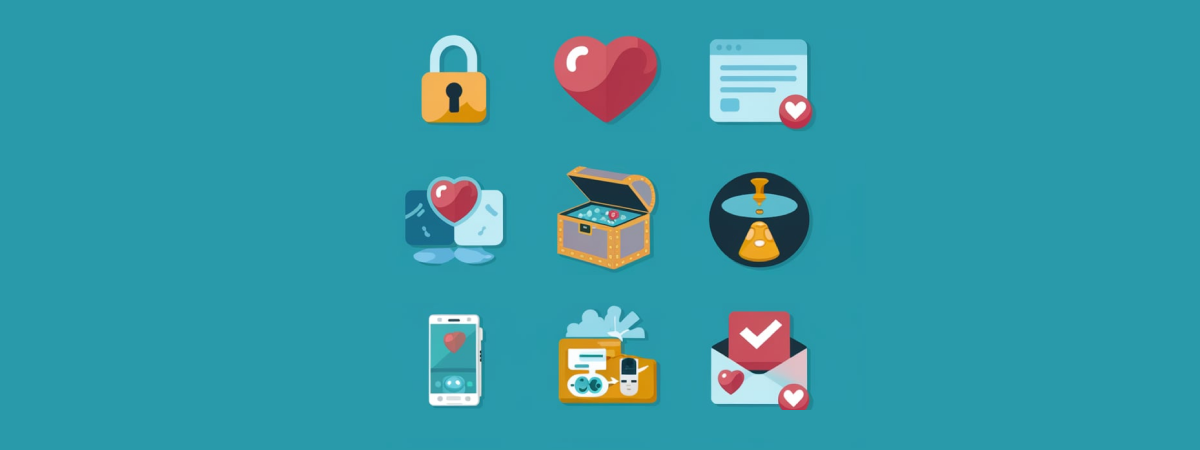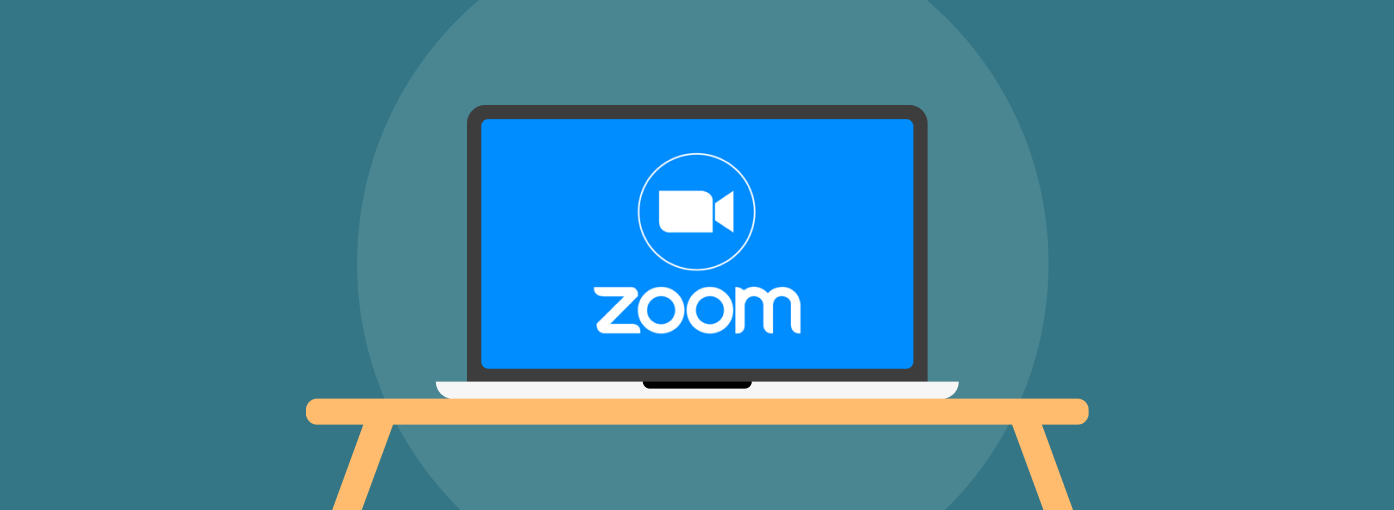Android and iOS are the mostly used operating systems. Both OSs are good, but when it comes to Android vs iOS, iOS beats Android in terms of security as it’s source code is hidden and doesn’t allow users to install apps from unknown sources.
Android and iOS operating systems are gaining popularity, and millions of sets are marketed yearly. However, there is a huge difference between the two platforms, whether in terms of security or features.
Most people prefer features over security; however, many security-conscious individuals might have questions about the safety of both platforms.
Android or iOS is not entirely secure, but inspecting different aspects of these platforms will find a winner.
Android vs iOS – Detailed comparison
Below is a detailed comparison of the most popular operating systems we use daily:
Device manufacturer and hardware
The device’s manufacturing is essential to its appeal to the user. It is the first thing an individual notices before buying Android or iOS.
But have you ever considered the security in manufacturing and design?
The iPhone has almost the same design, as Apple only manufactures it. On the other hand, Android technology is made by many international and local companies, which have huge differences in terms of manufacturing.
Android security largely depends on the hardware it runs on. Some manufacturers design more effective systems, ensuring that all the built-in security features remain working without flaws.
For instance, Samsung’s KNOX 2.0 platform provides a more effective booting process to avoid loading any illegitimate software when the mobile starts.
Apple has devices that can effectively work together with the OS, so they have more control over them. IOS users are restricted to fewer feature choices to make security more authentic.
Yet, due to its open nature, Android provides a wide range of device installations. Some devices are secure to integrate, but many leave security loopholes in your Android phone.
Depending on the manufacturer, Android offers two types of device-based security: retinal and fingerprint scanners or passwords and patterns.
OS: Update and compatibility
Most of the threats and vulnerability attacks are due to the lack of updates accompanied by security patches.
Android update versions have huge time gaps, and very few Android devices are updated to the latest version. Due to the many Android devices and different manufacturers, it is tough to maintain the same level of security.
Yet, iOS devices are effective in this matter. They have regular updates, which are easier to distribute and control. They also have good control over the users, ensuring all iOS devices get an update.
When comparing Android and iOS updates, iOS updates also have full support for the older version, which is better than Android.
For instance, iOS 17 has complete support for iPhone X, released back in 2017.
The latest version of Android, “Oreo,” runs on just 0.2% of devices. However, iOS 11 was updated on 66% of compatible devices after six weeks after its release.
Apple App Store vs Google Play Store
Android users might be happier with the variety and options of apps on the Google Play Store than iOS users.
Apple’s App Store has less app variety, but all the apps are more secure than Android’s. This is because Apple has more restrictions and higher standards for an app to pass its security check process successfully. Also, an iOS user cannot install any app from other sources until the device is not jailbroken.
However, Android devices have an option that allows users to tweak settings to install an app from an unknown source.
On many occasions, apps on the Google Play Store were found vulnerable or injected with malware. Because Play Store also has a security check, it is not so authentic, and illegitimate apps could still pass through.
For instance, a malicious version of WhatsApp was displayed on Google Play and was downloaded by 1 million people before being recognized and removed. That is a high-security risk.
OS security code
“The point is because Android is open-source, anyone can look at what’s in Android. You can’t do that with iOS,” said Jack Gold, principal analyst with J. Gold Associates.
According to Gold, if a developer induces a slight modification to an app on Android, it initiates a security issue.
On the other side, Apple focuses on the changes developers can make, and they don’t release their source code. Therefore, it’s harder to jailbreak the iPhone device. Even if a device is a jailbreak and Apple discovers it, it will shut it down.
Source code availability makes a device vulnerable and easily accessible to a wide range of hackers and malicious entities.
Popularity
Popularity is a bit weak, affecting factor for privacy, but still, it does make a difference.
According to Forrester, Android has the lion’s share of the 74% market portion, followed by a 21% share of Apple. Such a number of devices is difficult to manage, and hackers are more the target of Android phones.
Developing malware for Android is more advantageous for hackers as they have plenty of options to invade. Also, the open marketplace and popularity propel more apps for Android.
On the contrary, fewer devices and stringent monitoring of iOS make it less vulnerable to cyber-attacks.
Android vs iOS: Who is the winner?
With security, perspective iOS is far better than Android.
iOS has more restricted yet high check and balance procedures on all their devices and regular release services for their customers.
On the contrary, Android lacks, but it could be a secure platform with suitable precautions. For instance, avoid downloading from unknown apps using antivirus software and other encryption tools.
Android and iOS are burning the candle at both ends to make 2024 and the coming year more secure.
Share this article
About the Author
Zehra Ali is a Tech Reporter and Journalist. She has done her Masters in Mass Communication. Topics related to cybersecurity, IoT, AI, Big Data and other privacy matters are extensively covered by her on various platforms. You can follow her on twitter.
More from Zehra AliRelated Posts

9 Popular Instagram Scams to Know and Avoid in 2024
KEY TAKEAWAYS Instagram scams have become a norm, and there’s a drastic increase in the number of th...

Facebook Privacy Settings: You Shouldn’t Ignore
KEY TAKEAWAYS Facebook monitors its users’ activities and records their data to use such infor...

4 Best WhatsApp Alternatives in 2024 – Safe & Secure
KEY TAKEAWAYS After the recent update we saw a massive increase in privacy concerns, which required ...

How to Remove and Prevent Facebook Malware
Facebook is the world’s most-used social media platform, with over 3 billion monthly active us...

5 Ways to Protect Your Privacy on Social Media
KEY TAKEAWAYS Social media platform, including Facebook, Instagram, X, and more collect your data an...

Is Zoom Safe to Use in 2024?
Zoom was a name we were unaware of before the deadly COVID-19 pandemic hit the world and its civiliz...


